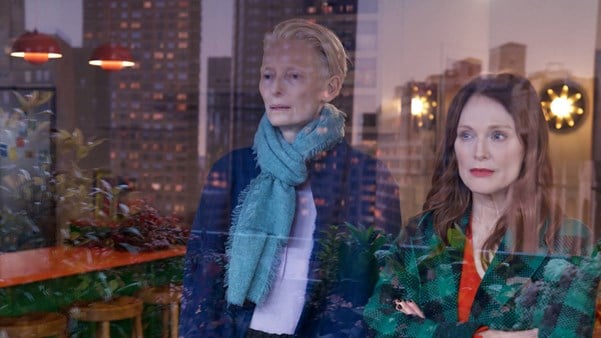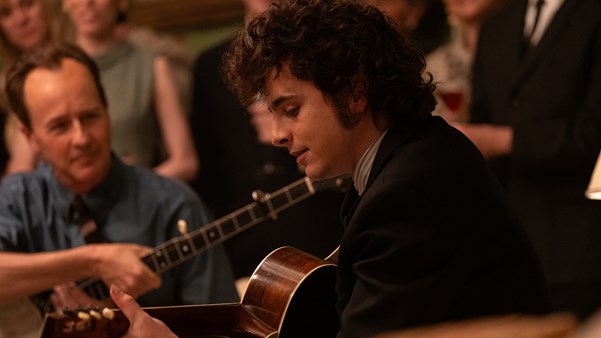Walter Salles’ drama is the latest in a spate of recent films, including Parallel Mothers and The Childhood of a Leader, that confronts authoritarianism head on, rather than obscuring it beneath allegorical fantasies, writes Billie Walker.

Throughout the 20th century, various totalitarian regimes controlled countries across the world, and cinema has been a conduit to examine these governments’ crimes against their people. In the case of Víctor Erice’s The Spirit of the Beehive (1973), a Frankenstein tale becomes a cloak to explore the realities of Spain’s Franco regime. Erice’s masterpiece is not alone in using gothic fairy tales and distant-future settings to critique those in political power (2006’s Pan’s Labyrinth and 1985’s Brazil, respectively, do the same). Guillermo del Toro’s use of fairy tales in Pan’s Labyrinth, however, isn’t out of fear of censorship: it’s a way of communicating with his predecessor Erice.
Today, with the privilege of distance and the clarity of time, cinema often prefers to directly depict fascist regimes: see The Childhood of a Leader (2016), Parallel Mothers (2022) and this year’s Oscar-nominated I’m Still Here. This political subgenre has shifted from the partial safety of metaphor to a face-on confrontation of the last century’s crimes. It also remains committed to analysing the lies and mythmaking that power state control.
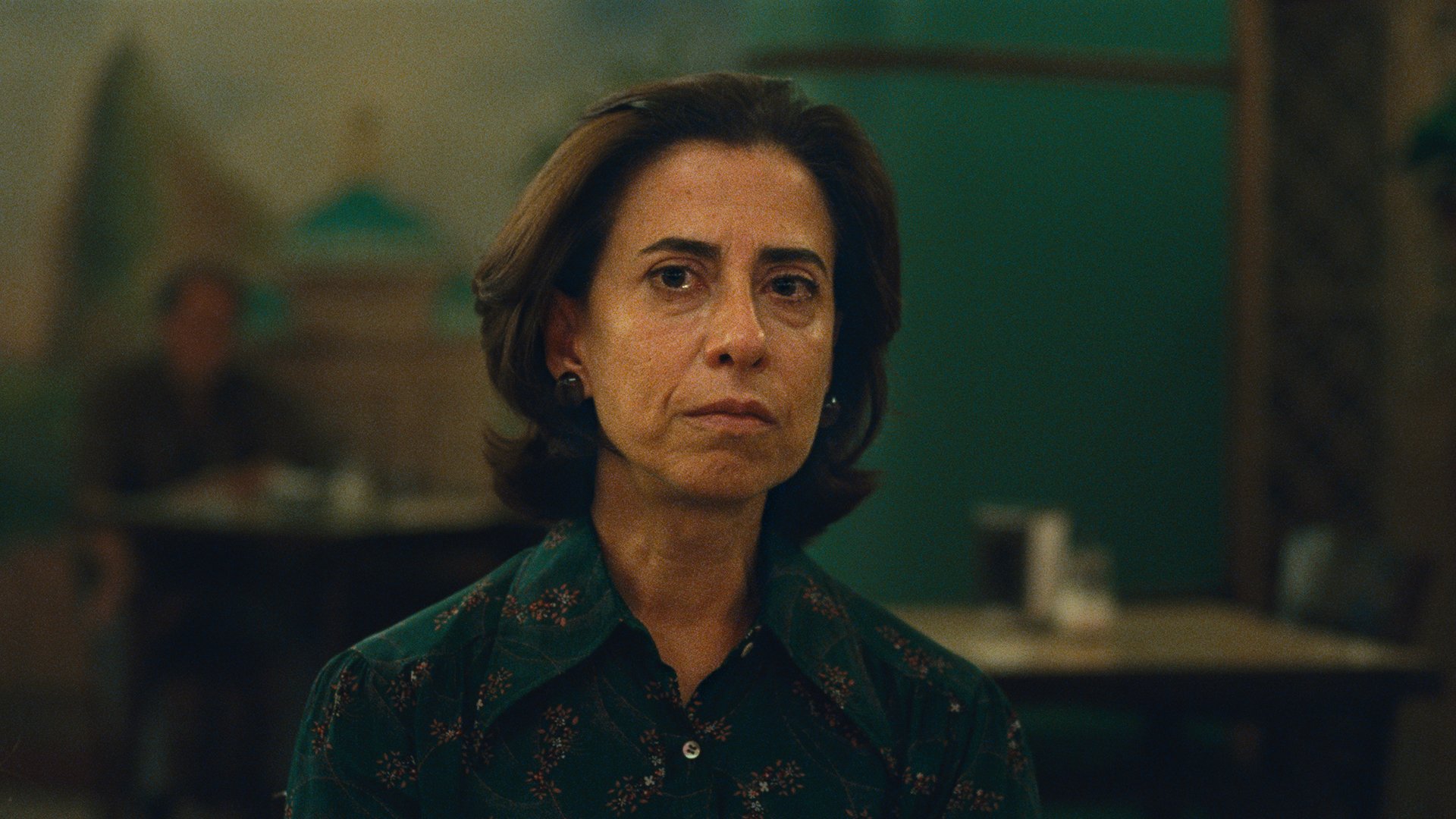
Walter Salles’ I’m Still Here follows the domestic life of the real-life Paiva family – Eunice (Fernanda Torres), Rubens (Selton Mello) and their five children – which is tragically disrupted by the Brazilian military regime in the 1970s. Their rambunctious home, which is initially filled with music, laughter and open discussion, abruptly turns to ghostly silence one night when armed officials take Rubens away for questioning. Although his return is promised, Rubens is never seen again, and Eunice’s fight for the truth of what happened results in her own torture and decades of uncertainty.
A study of an overreaching government bending the law to its own political agenda, I’m Still Here shares connections with the dystopian world of Terry Gilliam’s Brazil (no relation to the country), which begins with the wrongful arrest and execution of Brian Miller’s Mr Buttle. Brazil skewers history’s worst governments, taking elements of 20th-century dictatorships and rising Western consumerism to create a ludicrous hybrid. Thanks to its absurd humour targeting the inhumane logic of government bureaucracy, the tone of the film differs greatly from the justifiably sombre note of Salles’ biographical drama – but the parallels remain. All Mrs Buttle (Sheila Reid) and Eunice Pavia want is for the government to admit its role in their husband’s murder. The former comes, in black-comedic fashion, as a financial reimbursement, while the latter arrives in bureaucratic form as a death certificate, 25 years later.
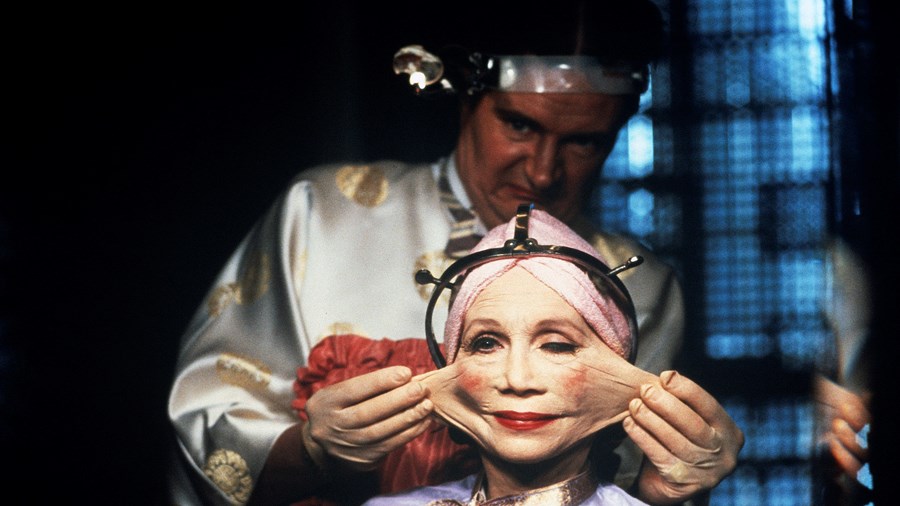
Brazil (1985)
How can the grieving process begin when you cannot be certain of a loved one’s death? This is a question posed by I’m Still Here and Parallel Mothers. Where Salles’ film presents the Brazilian military regime responsible for disappearing hundreds of citizens, Pedro Almodóvar’s shows similar offences organised by Franco’s government, though from the perspective of the 2010s. Today, it is estimated that 114,000 civilians disappeared (assumed executed) throughout the Civil War and the resulting Franco regime.
Parallel Mothers follows two single mothers, Janis (Penélope Cruz) and Elena (Milena Smit), who find themselves victims of a baby swap that brings into question each mother and child’s personhood. At the same time, the Spanish government – as depicted in the film and in real life – has long refused to recognise the disappearances that haunt the nation. It is thanks to the forensic pathology work of the father of Janis’ baby, Arturo (Israel Elejalde), that Janis finally can identify the bodies found in a mass grave in her family’s village.
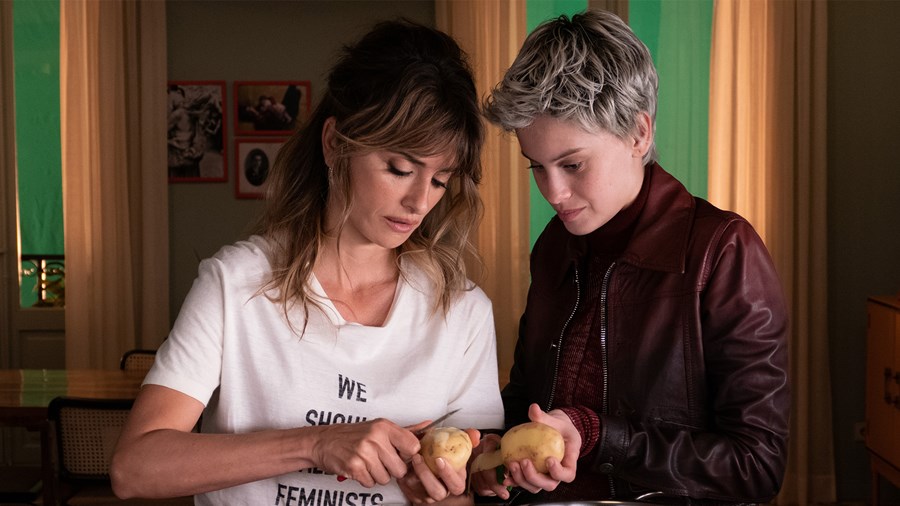
Parallel Mothers (2021)
Between the DNA confusion of the two babies in the present day and those unidentified lost in Spain’s past, Parallel Mothers explores how a nation’s refusal to name its previous mistakes affects future civilians. In both Almodóvar and Salles’ films, time yawns on as the leading women wait for the death of their family members, killed under authoritarian regimes, to be confirmed. While Parallel Mothers reflects on the individuals literally digging for answers as the Spanish authorities remain silent, I’m Still Here ends with an acknowledgement from the current Brazilian government. This certainty of death allows Eunice to finally begin to grieve and heal.
Often, films exploring the realities of fascist regimes centre on children. Perhaps the director is attempting to make sense of irrational cruelty in the same way a child would. Or simply demonstrating that, even through a naive mind, the immorality of fascist regimes is irrefutable. Even though its protagonist is so young, the inability to grieve that defines I’m Still Here also lies at the heart of Guillermo del Toro’s Pan’s Labyrinth, which takes place in the wake of the Spanish Civil War in 1944.
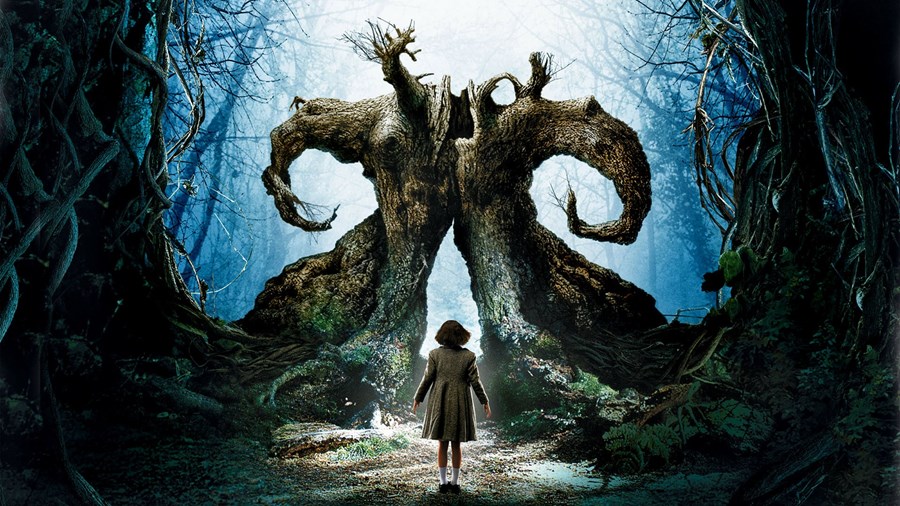
Pan's Labyrinth (2006)
Eleven-year-old Ofelia (Ivana Baquero) cannot openly mourn her murdered father, and those around her cannot mourn the country they’re losing to the Franco regime. Del Toro’s magical-realist film links to the dictator cinema of the last century by incorporating myth and real-world cruelty. Erice and del Toro both detail the early Francoist period from the perspective of a young girl. Following in the footsteps of The Spirit of the Beehive, in which six-year-old Ana (Ana Torrent) becomes transfixed by the tale of Frankenstein’s monster, Ofelia believes that, with the help of a mythical faun (Doug Jones), she can escape to another realm where her father awaits her.
Fantastical worlds captivate the imaginations of both young girls, but their parents are contending with reality. While Ofelia’s new stepfather Captain Vidal (Sergi López) is heading the attack against the remaining resistance, Ana’s father (Fernando Fernán Gómez) meticulously attends to his bee colony, studying their hive mind in the same way the audience is invited to ask how fear has controlled the nation. These paternal figures are extremely different in their philosophy, and yet both refuse to help Ana and Ofelia understand the violent world unfolding around them. As the girls are left to make their own assumptions, each turns to daydreaming to understand the myths and monsters of 20th-century Spain.
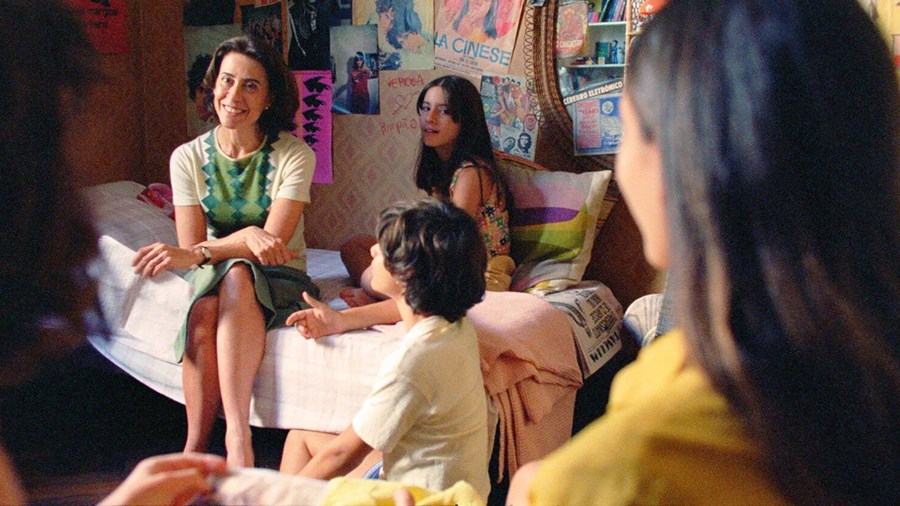
I'm Still Here (2024)
In the face of fascist regimes, fictional parents struggle to offer answers and frequently underestimate the emotional intelligence of children. As gullible as Ophelia is in Pan’s Labyrinth, much like Ana in The Spirit of the Beehive, she knows more about the secrets kept in her home than she lets on. Since it’s told from an adult’s perspective, I’m Still Here shows us the other side of this divide. Eunice never minimises the gravity of the situation to her children, however their questions are a painful reminder of how powerless the Brazilian military regime has left her. She cannot offer them honesty, only the uncertain fate she lives with.
While many of the aforementioned films document fascism through young eyes, Brady Corbet’s debut feature The Childhood of a Leader – set in 1918 France – demonstrates how a cruel psychology can lead to an authoritarian future. The Father (Liam Cunningham) is one of the democratic officials handling the Treaty of Versailles, imposing sanctions on Germany including high reparation fees, reducing territories and excluding the country from the newly established League of Nations. The signing of this document officially ended World War I, but is now widely considered to be the catalyst for World War II (due to Germany’s resentments over their harsh treatment).
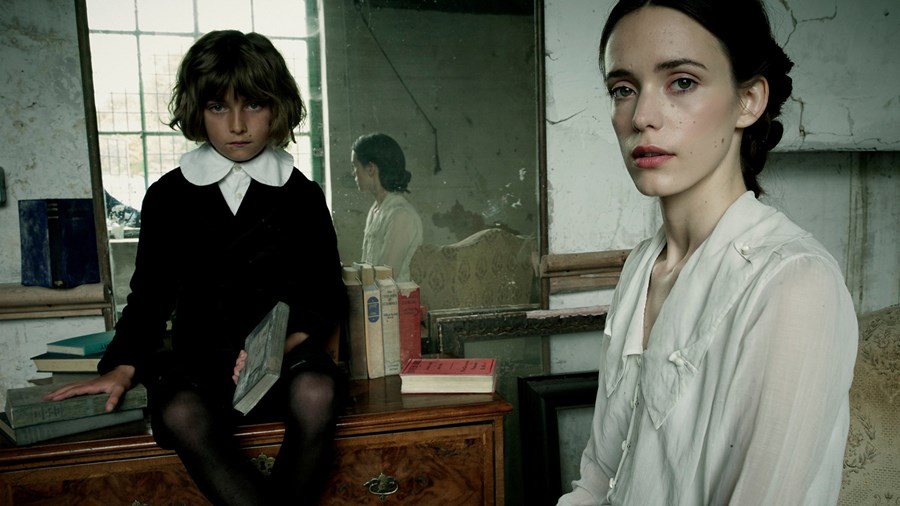
The Childhood of a Leader (2016)
The Mother (Bérénice Bejo) implements similarly austere punishments to their child Prescott (Tom Sweet). As she takes away meals to chastise him for his violent temper and isolates him in his bedroom, we see how cruelty doesn’t encourage kindness, but begets further cruelty. The Childhood of a Leader does not narrate the early life of any specific totalitarian figure, and yet it is told as a historical drama. Like I’m Still Here, Corbet’s film demonstrates today’s tendency towards realism, suggesting an urgency in its warning not to repeat the crimes of the past.
Whether dictatorships are depicted through magic realism, inspired by gothic tales or revisited in period dramas, political cinema is often concerned with picking apart lies to uncover the truth of life under these regimes. With family life at the centre, audiences are invited to bear witness to the erosion of private personhood under authoritarian rule. I’m Still Here shares much with these depictions of family and mothers contending with the erasure of national, and individual, identity. Salles’ refusal to fictionalise the Pavia family makes for a necessary retelling of one family’s tragedy – and Brazil’s violent past.
WATCH I'M STILL HERE IN CINEMAS


